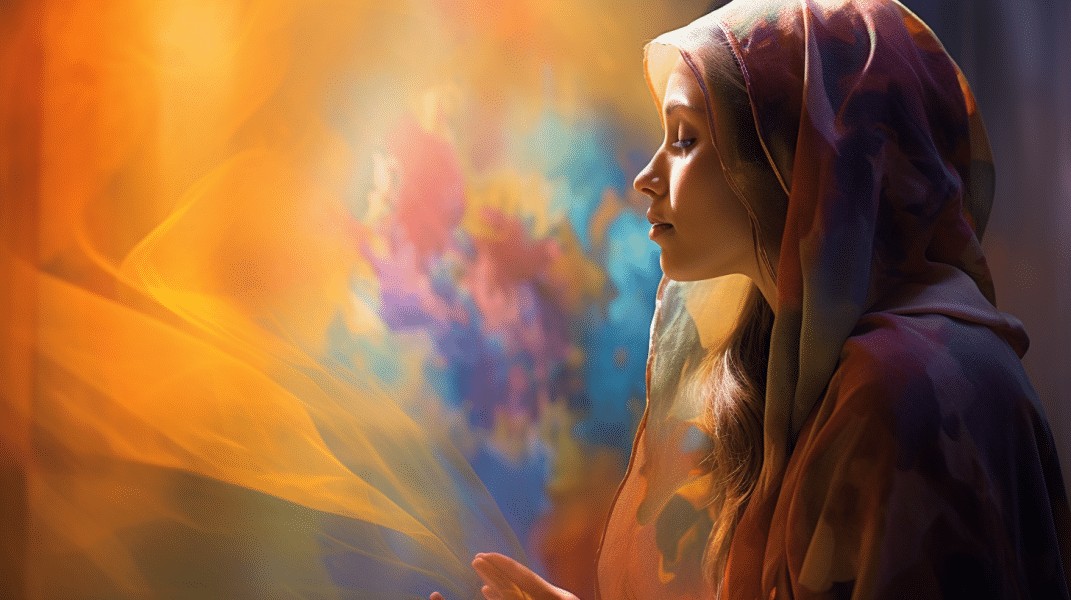Religion has always been a significant aspect of human culture, shaping beliefs, values, and rituals throughout history. However, as societies continue to evolve and adapt to modernity, religious beliefs and practices have also seen significant transformations. In this article, we will explore the modern trends in religious beliefs, delving into the factors that have influenced these changes and examining the impact on individuals and communities.
Understanding the Shift:
In the past, traditional religious institutions held a significant influence over people's beliefs and practices. However, the advent of globalization, technological advancements, and social changes have opened new avenues for individuals to explore spirituality in unique and personalized ways. As a result, the definition of religious belief has expanded beyond the constraints of organized religion.
Exploring Individual Spirituality:
One of the prominent modern trends in religious beliefs is the rise of individual spirituality. Many people now seek a more personalized and experiential connection to their spiritual selves, often outside established religious institutions. The popularity of practices like mindfulness, meditation, and yoga is a testimony to this trend. Individuals are now forging their own spiritual paths, drawing from various religious traditions and incorporating diverse practices that resonate with their personal journey.
Challenges to Traditional Norms:
The modernization of societies has brought forward new challenges to traditional religious norms. As people become more exposed to different cultures and perspectives, they critically evaluate long-held beliefs and question the authority of religious institutions. This has led to the emergence of progressive religious movements that advocate for inclusivity, social justice, and gender equality within religious contexts.
The Role of Technology:
Technology also plays a significant role in shaping modern religious beliefs. The internet has provided access to various religious texts, spiritual teachings, and virtual communities where individuals can find like-minded individuals and explore alternative spiritual practices. Moreover, religious organizations now utilize digital platforms to disseminate their teachings, connect with followers globally, and offer online worship services.
Interplay between Science and Religion:
The interplay between science and religion is another crucial facet of modern religious beliefs. While traditional religious institutions often clashed with scientific advancements, modern thinkers are attempting to bridge this gap by integrating scientific knowledge and religious narratives. Many individuals now perceive science and spirituality as complementary frameworks that provide different perspectives on understanding the universe and human existence.
Unique Expressions of Art and Ritual:
Modern art has also had a profound impact on religious expression. Artists now explore new forms and mediums to convey spiritual messages, challenging traditional artistic conventions. This fusion of art and spirituality not only fosters a deeper connection between religious beliefs and creative expression but also appeals to a broader audience, transcending religious boundaries.
The Impact on Society:
As modern religious beliefs evolve, they bring about societal changes as well. The emphasis on individual spirituality and inclusivity has led to more tolerant and accepting societies where diverse religious views are respected. Modern religious movements advocating environmental sustainability and social justice are actively working towards creating a more equitable and compassionate world.
In conclusion, modern religious beliefs have undergone significant transformations in response to the changing global landscape. Individuals now have the freedom to explore spirituality on their terms, outside the confines of traditional religious institutions. The interplay between technology, science, art, and societal factors has fueled the evolution of beliefs, making them more inclusive, personalized, and adaptable to the modern world. As we move forward, it is essential to embrace these shifts in religious beliefs, fostering a harmonious coexistence of diverse spiritual perspectives.



